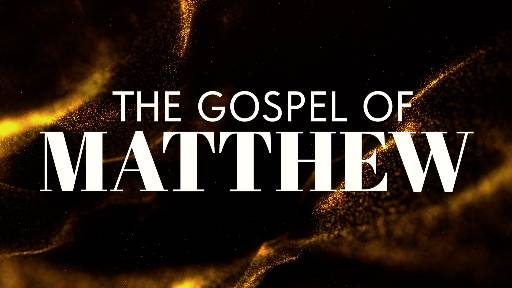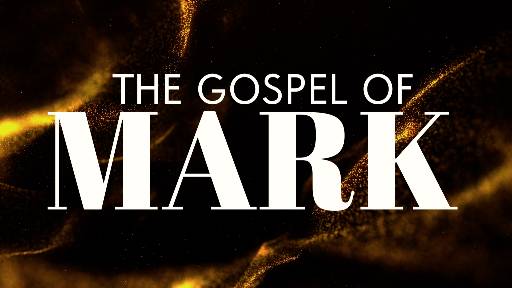-
Mis-Figured?
Contributed by Brett Thomasson on Nov 28, 2017 (message contributor)
Summary: How an encounter with Christ as Lord should have changed the disciples, but didn’t.
Sometimes we tend to forget that Jesus came to Jewish people and as a member of Jewish society. So we can neglect the impact of some of the events of his ministry, and the impact they had on the people who first heard them.
The transfiguration can definitely be one of those events. We look on Moses and Elijah as two figures from the Old Testament, and often we don’t think about them much beyond that. But for a Jewish person, they represented something more than just ancient historical people.
Through Moses, God gave the Law to the people of Israel. He was so identified with it that people called it “the Law of Moses,” or talked about it by saying, “Well, Moses told us such-and-such.” If we saw George Washington, we might recognize his importance to our nation and be impressed at who he was. But Moses represented not just a person, but a concept. It would be more like us having a vision in which the Statue of Liberty was a real person, moving around and speaking.
Elijah had a similar impact. He was considered the greatest of prophets – in fact, according to our scripture, he was the only person to ever raise the dead before Jesus began his ministry. Like Moses, he represented a concept as much as he did an historical figure.
For a Jewish person, the Law and the Prophets represented the main portion of scripture. The other writings were important, but not in the same way, since the Law and the Prophets represented God’s words to the people. When Peter, James and John saw Jesus standing with Moses and Elijah, conversing as an equal and even sharing the same glory they did, they saw their teacher on a level that they probably thought no one could reach. What he said, what he taught and what he did was as important to their people as what God had said in the Law and the Prophets.
So naturally they don’t get it.
Peter’s response shows he knows something amazing has happened, but rather than listen some more and be taught by what the three transfigured men are saying, he blurts out the first thing that comes into his mind. “
This is a good place to be!” is one way of understanding what he says. “Let’s build three tabernacles here to mark this!”
Jesus doesn’t rebuke Peter – probably because he knows that Peter isn’t doing anything different than what a lot of us would do. We may never actually see Jesus speaking with Moses and Elijah, but many of us have had significant spiritual experiences in our lives.
And I don’t know about you, but my tendency is to want to somehow isolate such an experience, take it out of my regular flow of living and even cut it off from my everyday living. “This is important,” I want to say, “so I have to make sure it stays that way, and that means I don’t want to mess it up with my everyday life.”
The problem with that is that such experiences are meant to flow into our everyday lives, and transform them as well. Working with youth at camp, for example, we adult leaders are supposed to try to remind them (and ourselves) that any great experience they may have had, through worship or small group or whatever else, will lose its impact unless it’s shared.
Those booths Peter wanted to build were his attempt to fit this magnificent vision into his frame of reference, so he could get a handle on it and deal with it. Unfortunately for that idea, the vision was a part of something that wanted to fit Peter into its frame of reference, rather than the other way around.
We can be pretty quick to try to push our spiritual experiences and our spiritual lives into the framework of the rest of the week. That’s that “Sunday stuff,” we might say. It doesn’t have anything to do with working Monday through Friday, and hey – it sure doesn’t have anything to do with Saturday night.
But neither our spiritual experiences nor the gospel itself were meant to be separated out like that. Doing so robs them of their true power. Notice how the very next day, these disciples who had seen this vision and heard God’s voice couldn’t cast out one lousy demon.
Our different transfiguration experiences are meant to be the beginning of our own transfigurations into what God has called us to be. Only when we understand that can we begin to make the difference in the world God calls us to make. Only then can we be the most effective bearers of God’s good news.

 Sermon Central
Sermon Central


